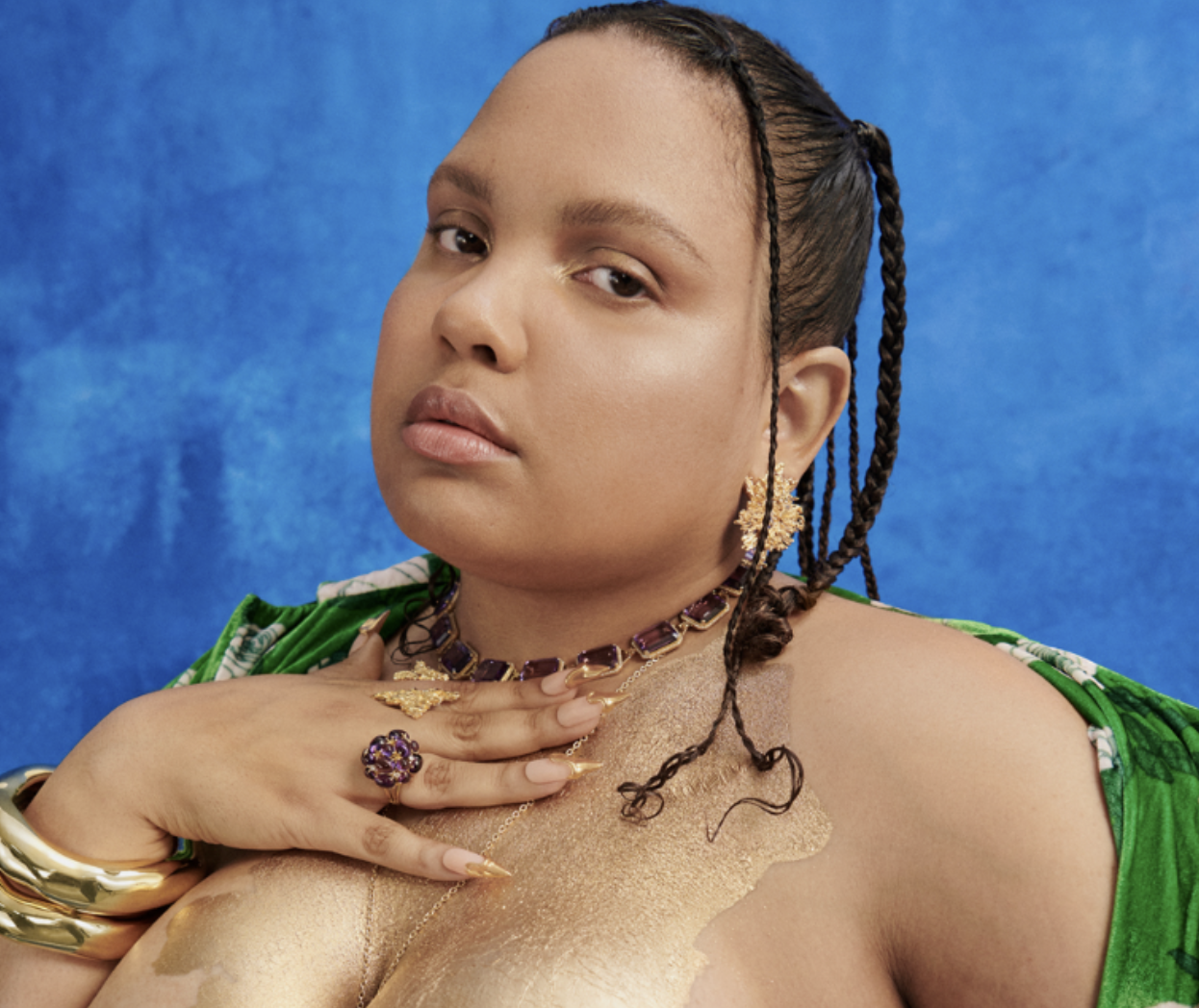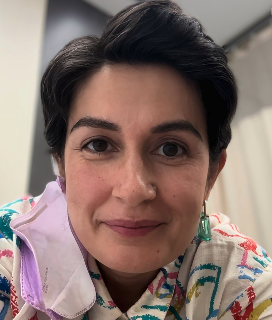What it’s really like being queer with cancer
Nancy reflects on the deeply disorienting and isolating experience of being queer in the cancer care system, where identity and gender expression are often sidelined or erased.
Nancy Kelley, civil society leader, human rights and social justice advocate, reflects on her experience of navigating blood cancer in a recent article for UK’s Diva magazine. She also shares the stories of Lisa and Kit, who were both diagnosed with breast cancer as well as Stewart who is living with blood cancer.
She describes the highly gendered cancer environment as “trying to put you back into the box you’ve fought your whole life to get out of”. This can lead to dysphoria, disengagement from support services and even a return to the closet due to a lack of safety. Many healthcare professionals have a limited understanding of the needs of queer patients which can result in misgendering and misassumptions that may be deeply damaging.
“For Lisa (she/they), an academic, diagnosed with breast cancer at the end of the pandemic, it came in the form of The Wig TM. “I didn’t want a wig – losing my hair was not the issue for me, but I was told ‘you may as well’… so I had an online zoom with the wig consultant. This was actually the week after I’d nearly died, so I wasn’t feeling great.” Lisa shared pre-chemo photos of their “super queer” short mullet and listened to the consultant speak about the how wigs can restore confidence and affirm who we are. Then six weeks later The Wig TM arrived. “My partner and I were literally crying with laughter – I mean, we just could not believe. I was remade in the image of Pamela Anderson!” The Wig TM is hysterical. “I will say, before you see it, she’s available for hire!” Lisa says, laughing. But it’s also awful, a canary yellow wiping away of the person that Lisa is.”
As well as struggling with routine needs like wigs and hats for chemotherapy, cancer care’s relentless gendering can disrupt basic bodily autonomy. Kit’s lengthy and stressful fight to find a surgeon who will perform a gender affirming double mastectomy is an example.
Nancy states that '“in cancer world, being invisible is painful and being visible is unsafe”. However, Nancy, Kit, Stewart and Lisa are all working towards making things better in various ways from gathering queer cancer stories to working with (and founding) cancer charities.
“Cancer drags up everything in its wake: our histories, our identities, our trauma. And then, for LGBTQIA+ cancer patients, cancer world – cancer culture – puts the boot in, making it clear that we do not fit, and if we want to be a “good” patient, we should get back into our neatly gendered boxes. It doesn’t have to be that way. A queerer cancer world is possible. Not only that. It is necessary.”
Nancy and Stewart have also recorded a podcast "Finding a Safe Space" for Blood Cancer Awareness Month for the charity Lymphoma Action.



